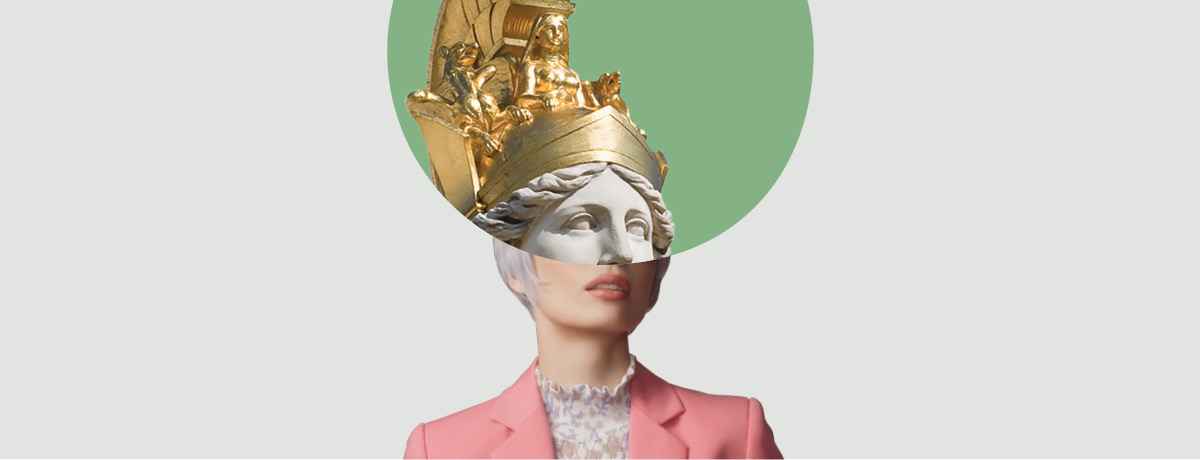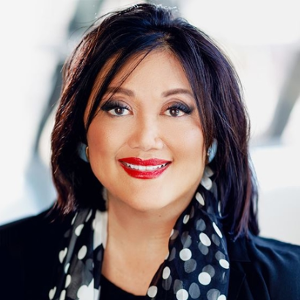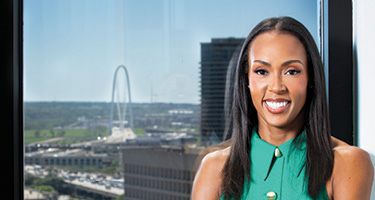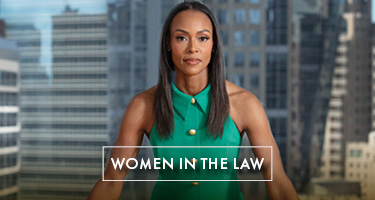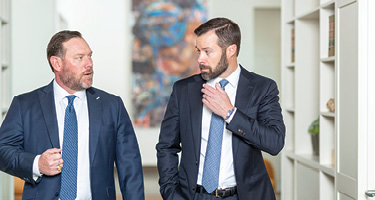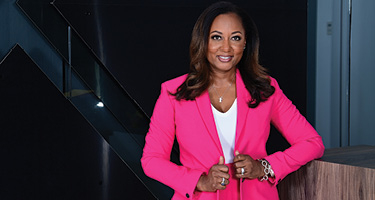This article was originally published in our 2021 "Women in the Law" Business Edition.
THE DISTURBING STATISTICS
In 1987, the first chairwoman of the newly formed American Bar Association Commission on Women in the Profession, Hillary Rodham Clinton, made a dire prediction. She believed, she said, that although women were entering and graduating from law schools in growing numbers, that alone wouldn’t ensure that female lawyers would advance, succeed, or assume positions of power in law firms at the same rate as men. More than 30 years later, studies and reports—including one by that same ABA commission—have established that her prediction was accurate.
What’s so startling about Clinton’s prophetic remarks is how accurately they describe the status of female lawyers today. Despite all the progress made since the commission’s inception, current statistics tell a startling story:
• As of 2019, the ABA reported that the legal profession nationwide is still predominantly (64 percent) male.
• Only 25 percent of equity partners in law firms are women.
• Female equity partners make less than their male counterparts.
• The latest available statistics, published by the California State Bar in 2019, show that just 42 percent of attorneys in the Golden State are women.
For years, writers observing this situation have noted that “[s]omething terrible is happening in the practice of law… [and] making women walk away.” Despite earning more than half of all law degrees, “women are still leaving the legal profession in droves later on in life.”
The numbers don’t improve when one considers the percentage of female trial lawyers who appear in front of juries. A 2018 study sponsored in part by the ABA Commission on Women in the Profession, “First Chairs at Trial: More Women Need Seats at the Table,” found that women are significantly underrepresented as lead trial lawyers in court. As of 2015:
• 68 percent of all lawyers appearing in civil trials were men.
• 76 percent of all lead counsel at trial were men.
• 78 percent of all plaintiffs’ cases were tried by men.
• When women are lead counsel, it is for the defense 60 percent of the time.
The report noted that the paucity of women as lead counsel was not due to a lack of talent or ability among female trial lawyers; other studies have demonstrated that women are highly effective courtroom advocates to whom jurors are receptive and attentive.
WHERE ARE ALL THE FEMALE TRIAL LAWYERS?
So where did all those bright, energetic, creative women trial lawyers go? You might remember some of them: the ones who eagerly and confidently breezed through law school. Where are they now? Not many made it to the first chair in any courtroom for any significant trial, that’s for sure. With very few exceptions, not many made it to the equity partnership or management of a law firm, either—or to the boardroom of a corporation, or to the bench in state or federal court. The danger is that unless something is done to reverse this, these smart women will find satisfaction in other careers.
Can you imagine the practice of law without women? In my professional experience, organizations having the most success have women in active roles. Women make the legal profession better. We bring that spark of magic into every case—and into the courtroom. Without us, many important cases would never have been brought or won. We’re natural-born storytellers, and we see the world in a different way than men do.
As 2019 came to a close and pondered these disturbing statistics and trends, I began to form an idea. Over the last few years, I’ve attended and spoken at numerous conferences for women, and I’ve noticed that whenever a group of motivated and committed women get together, something remarkable happens. I’ve heard stories from too many talented female lawyers who have struggled to find their place in the courtroom or in their firm, often feeling powerless to improve their situation. Sometimes they left and started their own firm—only then to report feeling alone and adrift.
THE BIRTH OF ATHEA TRIAL LAWYERS
When the pandemic emerged, trials were suddenly postponed as courtrooms closed and we all learned to do things remotely. With the luxury of time, my idea grew and began to take shape: What if we did something to motivate and inspire women? I reached out to women all over the country who motivate and inspire me: Randi McGinn, Zoe Littlepage, Lisa Blue, Charla Aldous, and Bibi Fell. These women had all secured jaw-dropping, record-setting verdicts and been hailed as the best trial lawyers in their states. They all had their own successful law firm and practice, but we discussed an intriguing proposal: What if we joined forces and formed one “super” firm by and for women? Athea Trial Lawyers was born.
We bring that spark of magic into every case— and into the courtroom."
For the first time, we would harness the boundless legal talent, creativity, and energy of some of the most successful trial lawyers in the country into one powerhouse firm with an important common goal: to ensure that female trial lawyers succeed in the courtroom and the profession overall. We chose the name because Athea was one badass goddess. Known as the goddess of wisdom, courage, inspiration, law, justice, and strategic warfare, Athea supported those fighting for a just cause and those using cunning and intelligence rather than brute strength. The Urban Dictionary describes an “Athea” as a spunky, wild, imaginative girl who loves to kick butt. “If you ever find an Athea,” it says, “never let her go, because she’s the most amazing person you will meet.” Starting a firm like this in the middle of a pandemic, when the country was under quarantine, was certainly not our plan. But there’s an interesting story about Athea: Zeus once held a contest between Poseidon and Athea for control of Athens. Poseidon, exhibiting power and strength, smashed his trident against a rock to produce a spring of water. Athea, by contrast, won the contest by planting an olive branch which bore fruit and thrived in even the harshest environment. The olive branch thereby became a symbol for perseverance, growth, victory, and peace. Our logo reflects this: It’s a branch with six olives that symbolize each of our founding partners. We’ll always remember that we planted it during these chaotic times.
When we launched, the response was immediate and overwhelming. Our inspirational promotional video hit social media, and we got calls and emails from all over the country: Women lawyers and judges who had practiced for decades were crying in their cars or at their kitchen tables, saying “It’s about time!” and eagerly sharing their stories with us. Other women flooded our emails with their own thoughts and stories. We realized Athea was more than just a law firm—it was a movement. We want to inspire and motivate women to work together to improve our shared plight, and to show that women should (and do) assume prominent roles in trials of important and meaningful cases.
MAGIC HAPPENS WHEN WOMEN SUPPORT ONE ANOTHER
Joining forces with women of shared interests from different parts of the country is remarkably easy in the age of Zoom. From the beginning, the creativity and ingenuity of these women became something I looked forward to seeing and experiencing every week. The way we approach our review of cases, the out-of-the-box thinking, the ideas for slides and visual aids, and each woman’s storytelling skills are truly amazing. That’s because something magical always happens when like -minded women work together. We feed off our strengths and passions. We lift up and encourage one another to reach our goals and fulfill our dreams.
All female attorneys must realize that when they’re supported by other women, they have considerable power because of what sets them apart from male attorneys. Our mere presence at the podium in a courtroom instantly captures the jury’s attention because we stand out. What we do with that attention can determine our fate and the outcome of our cases. By defying and exceeding expectations, being confident and reveling in what makes us unique, we can be extraordinarily effective.
No one understands this more than successful women trial attorneys. Randi McGinn writes about it in her book Changing Laws, Saving Lives: How to Take on Corporate Giants & Win. One of the few female plaintiffs’ lawyers selected for inclusion in the prestigious Inner Circle of Advocates and one of the most successful trial lawyers in the country, she observes:
Being a woman trial lawyer is an advantage in the courtroom because we are still rare, unexpected and do not “look like lawyers.” So long as you don’t squander the initial advantage of being different by revealing yourself to be just another lawyer for the jurors’ misconception of what lawyers are (dishonest, tricky, wordy, and pompous), the jury starts off wanting to believe in you.
Here’s an important, indisputable fact that gives all women attorneys our own “superpower”: Even though the number of female lawyers is disproportionately low, the number of female jurors and clients is not. Simply put, there are more women than men—and women respond to other women. The key to the “power machine” is for women lawyers to learn and perfect the craft of being a great lawyer while finding and appreciating their own unique voices in order to win.
Deborah Chang is the founder and managing partner of Athea Trial Lawyers LLP, a national law firm that promotes women trial lawyers, and a partner at Chang | Klein LLP, a Los Angeles boutique law firm that specializes in high profile cases involving wrongful death and catastrophic injuries with a social justice element.
